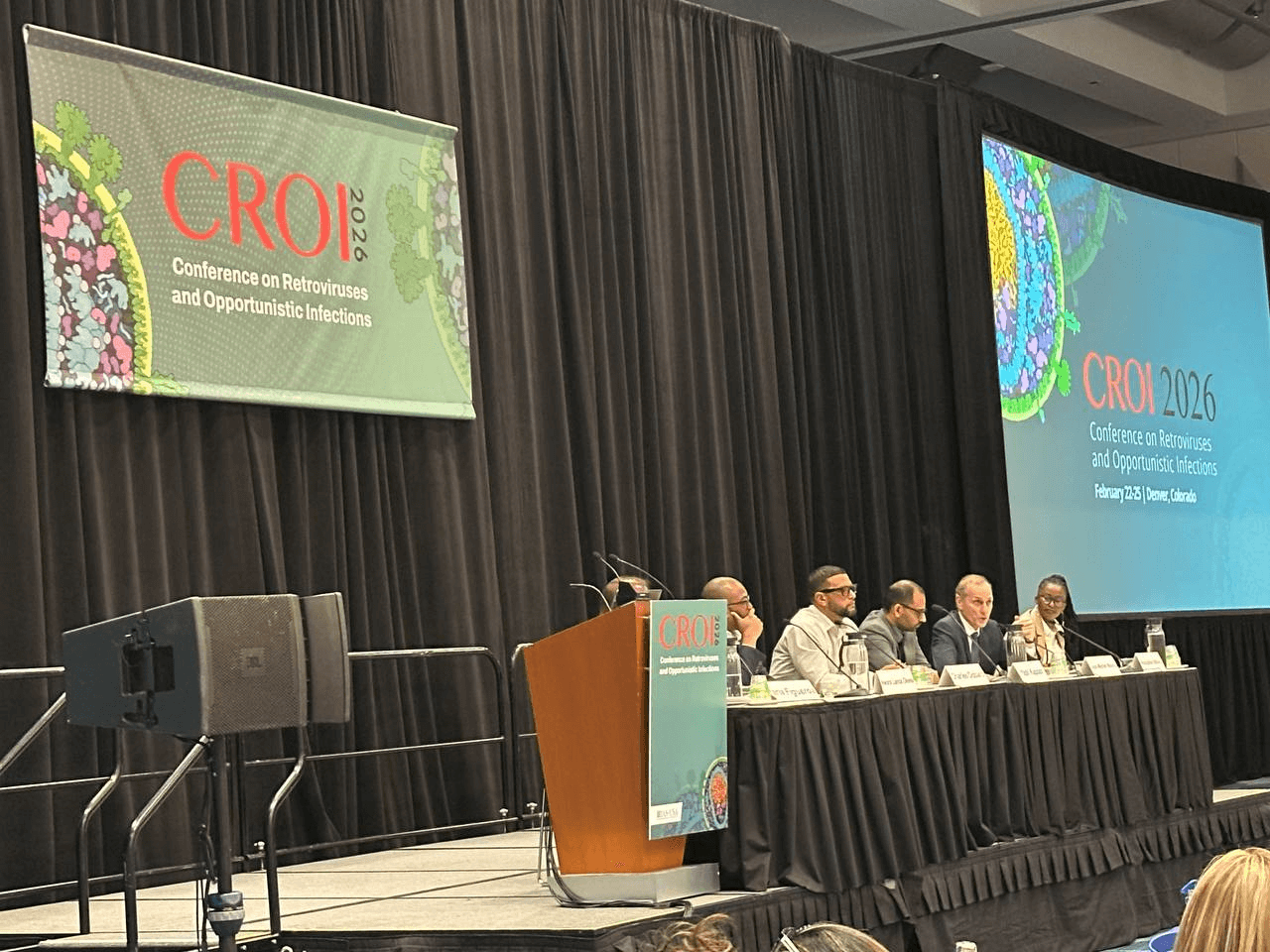People with HIV are twice as like to suffer from Sudden Cardiac Death

People living with HIV have to take potent antiretroviral drugs to keep the virus under control, but a new study has shown that there is cause for concern around their risks for Sudden Cardiac Death (SCD), experts from the University of California believe.
Autopsies on people living with HIV have found increased rates of scarring of the heart muscle called fibrosis, which could have caused SCD, researchers report in The New England Journal of Medicine.
Unlike a heart attack, caused by an arterial blockage, SCD is associated with an “electrical malfunction” which in turn causes an irregular heartbeat. These arrhythmias episodes, which can happen without warning, can lead to loss of consciousness and a high probability of death.
"Deaths caused by fatal arrhythmias among HIV patients are 87% higher than among the general population," said lead researcher Dr. Zian Tseng, a cardiac electrophysiologist at the University of California, San Francisco.
Dr Tseng said that chronic inflammation caused by HIV persists even in people who’re taking effective treatment and maintaining an undetectable viral load. This is likely due to HIV reservoirs in organs and the lymph system, so it is likely that this is also occurring in heart tissue too.
At this time we don’t have a way to prevent the inflammation and associated scarring, but Dr Tseng suggests that MRIs could be used to identify fibrosis in patients who’ve experienced arrhythmias, and then with that knowledge a plan to prevent SCD could be implemented - such as implanting a pacemaker.
Research
The study analysed data on unexpected deaths in San Francisco from 2011 to 2016. A team of researchers found that the rate of SCD in people living with HIV is more than twice that in other groups.
The team provided the following statistics:
- Of the 610 unexpected deaths among people living with HIV, 109 were due to cardiac arrest outside the hospital.
- Of these, 48 were caused by sudden heart death.
- But only 22 deaths out of 48 were caused by arrhythmia and heart disease, heart damage or augmentation, or an existing arrhythmic disease.
- An overdose of drugs was found in 16 patients (34% of the alleged group of sudden heart death). For comparison: among patients without HIV, only 13% of deaths classified as HCC were caused by a drug overdose.
- The remaining deaths in people living with HIV were related to kidney failure, infection, bleeding and diabetic ketoacidosis.
People living with HIV have significantly higher rates of heart attacks, heart failure, arterial disease and stroke compared to the general population says Dr Tseng.
"From a heart rate, people with HIV really need to pay attention to symptoms such as fainting, chest pain, heart palpitations and heart loss. These are potential warning signs of problems, in particular heart rate problems” he said.
Do our medications play a role?
Dr. Jeffrey Laurence, a senior researcher for programs amfAR (Foundation for AIDS Research), said that inflammation leading to fibrosis can be caused by some antiretroviral drugs, especially older ones. He also believes that the virus itself is to blame for this, and that fibrosis can be the result of a combination of HIV and certain drugs
"We've argued that certain kinds of anti-HIV drugs, particularly the drugs that people took earlier on in the epidemic, promote inflammation just by themselves. So I think it's a combination. I think in patients on the newer kinds of antiretroviral drugs, like the integrase inhibitors that have never been associated with cardiac disease, it's the virus that causes the inflammation” said Laurence.



